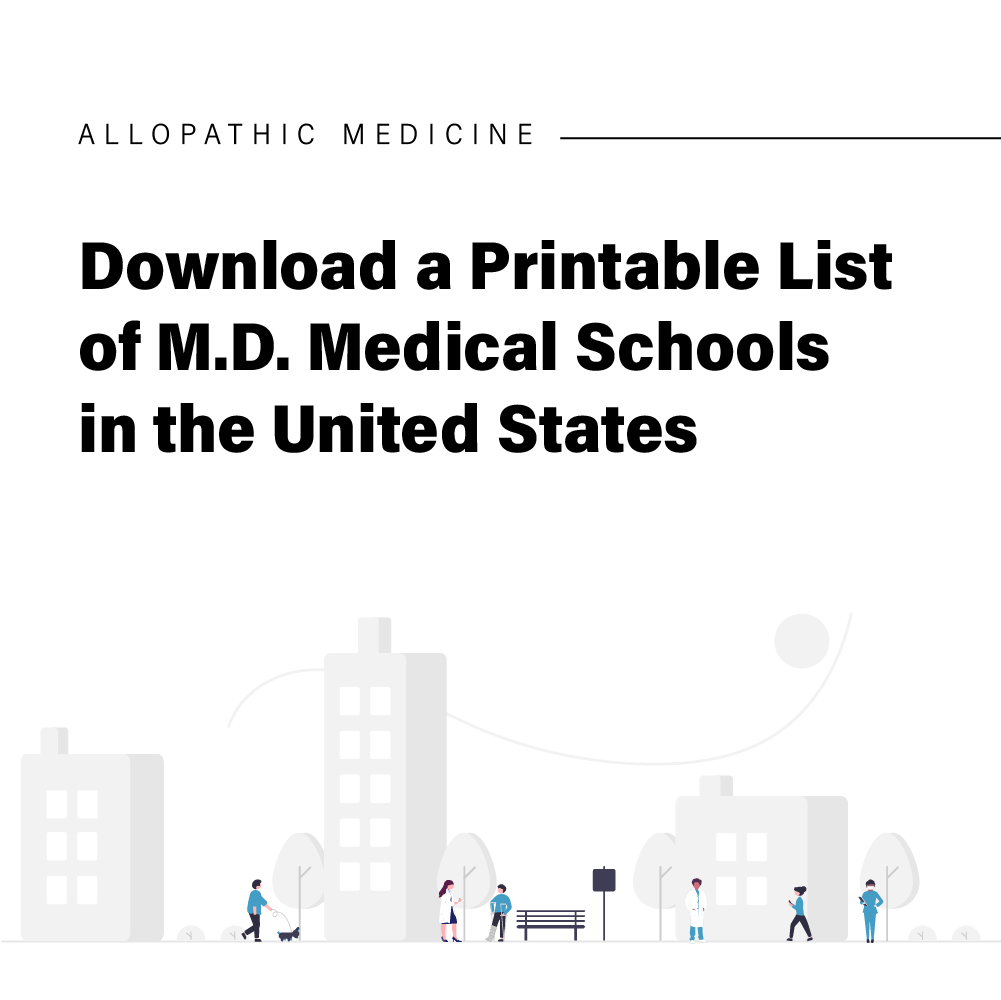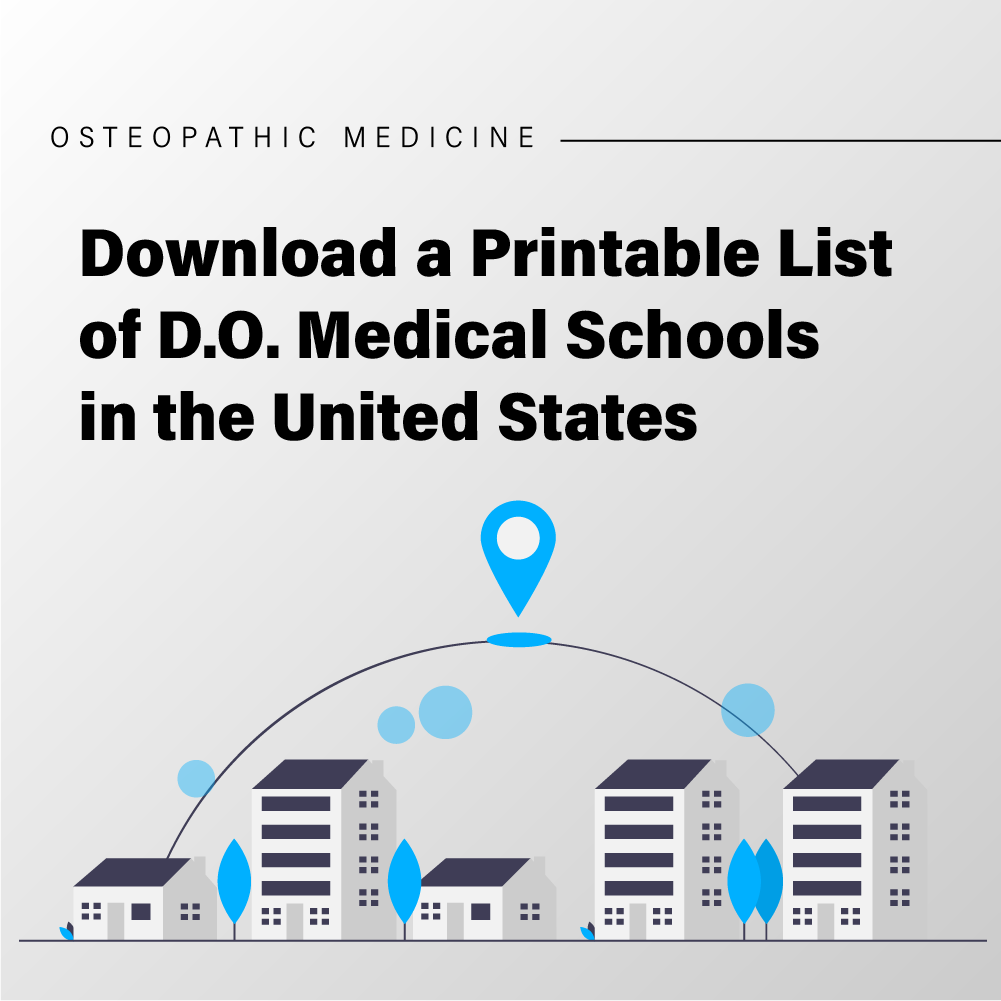Before we discuss tips on how to build professional relationships with faculty and professors, let’s discuss why it is a good idea. Medical school admissions members understand that professors play a vital role in your career endeavors. Not only do they educate you, but also they can professionally comment on your performance and work ethic. Getting someone to vouch for you goes a long-way in medicine. If you take time to garner trust and show respect towards your professors, they are more likely to write you a letter of recommendation or serve as a professional reference.
So how do you get to know professors/faculty members when you are one of many students in their classes? Here are some tips.
Show up to class
Recorded lectures are debatably easier to follow. While you are watching a recorded lecture, you can pause, rewind, and slow down the lecture to take accurate notes. In person, you aren’t granted these same luxuries. However, attending lecture in-person has more benefits than just note-taking. One benefit to attending lecture in person is your professors see you at class.
Professors are unlikely to write a letter of recommendation for students they have never met. Therefore, you should attend all classes and office hours so your professor has the chance to get to know you. But just showing up is not enough. Be present by putting your phone away and giving the professor your undivided attention. Show professors you work hard by working hard in front of them.
Follow up on previous conversations
Some research professors will talk about their work during class or office hours. If your professor mentioned a research project he/she is working on, check in on the progress. Everyone loves talking about their work. Show you’re interested by asking how their project is going. Showing your interest in academic research can also lead to research opportunities, possibly even with your professor. Many labs are happy to have help from students. Also, research experience looks great on your medical school application.
Be on time
Punctuality is a well-respected trait amongst professionals in every field. Being on time helps you establish a reputation of being reliable and consistent. On the flip side, showing up late is commonly associated with unprofessionalism and can even be interpreted as disrespect. Therefore, you can show your professionalism and reliability by simply being on time.
Aside from class lectures, the importance of punctuality also applies to deadlines for assignments. Strive to meet all deadlines so you can demonstrate your ability to follow directions.
Side note: a common trick amongst to being punctual is aiming to be early. Often times, there are unforeseen circumstances that can lead to delays in your schedule. Planning to be early can help you allocate time for such setbacks.
Stay current with events in your field of study
Stay up-to-date on current events relevant to your field of study. Inquiring about new research with your professor highlights your intellectual curiosity. No one wants a doctor who is unwilling to learn about new medicines or a computer engineer who is unwilling to learn new operating systems. We want doctors and engineers who are always willing to learn.
Staying relevant on research shows your professor that you are interested in learning even when grades are not involved. That is a quality of a lifelong learner.
Keep your word
The fastest way to garner someone’s trust is to say you’ll do something, then do it. This quality demonstrates you’re trustworthy and your word is always good. For example, if you tell your professor you will email them, make sure you do.
Conclusion
There are many benefits to developing a professional relationship with your professors. For example, it can lead to internships, research opportunities and letters of recommendation. In order to build a rapport with your professors, go to class and office hours, be on time, follow up with previous conversations, and talk around new research relevant to the field of study.



